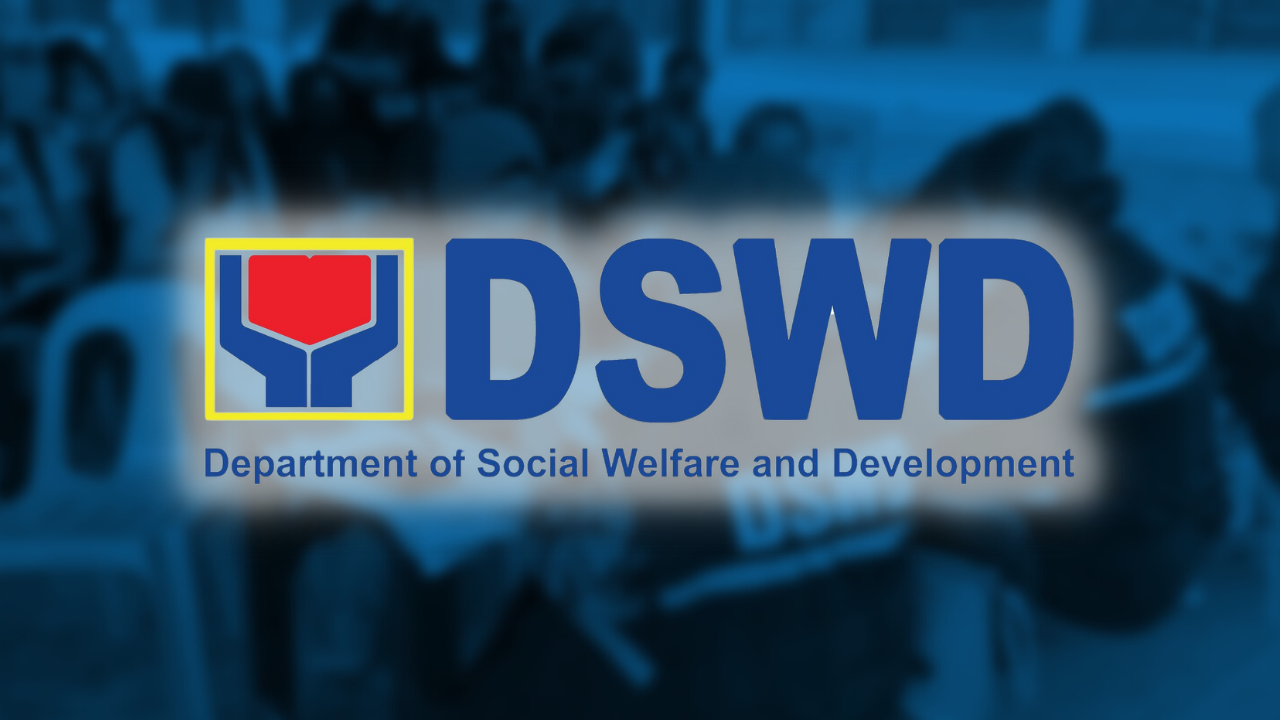82,000 families in Western Visayas complete 4Ps program

DSWD logo. INQUIRER FILES
ILOILO CITY — A total of 82,041 families in Western Visayas have completed the national government’s conditional cash transfer program.
A household is considered a “graduate” of the Pantawid Pamilyang Pilipino Program (4Ps) when it becomes self-sufficient, which is determined through the assessment using the Social Welfare and Development Indicator, said Belen Gebusion, regional program coordinator and division chief of the Department of Social Welfare and Development in Western Visayas (DSWD-6).
On the other hand, a household is deemed “exited” if it is no longer eligible due to failure to meet the criteria, such as having a child aged zero to 18 or a pregnant family member.
As of March 2024, the number of households that have graduated or exited the 4Ps program in Western Visayas were: Aklan: 2,221 graduated; 6,191 exited; Antique: 4,553 graduated, 5,695 exited; Capiz: 4,172 graduated, 8,033 exited; Guimaras: 540 graduated, 1,312 exited; Iloilo: 4,889 graduated, 16,443 exited; Negros Occidental: 7,764 graduated, 20,239 exited.
READ: Over 1,000 Aklan beneficiaries graduate from 4Ps
Article continues after this advertisementLocal governments are encouraged to enact a social protection ordinance complementing the 4Ps, including post-program interventions, the Joint Memorandum Circular (JMC) No. 2022-001 between DSWD and the Department of the Interior and Local Government (DILG) says.
Article continues after this advertisementAmong the requirements for a household to be admitted to the 4Ps program are having a pregnant member, studying children or members aged zero to 18 years old, and the willingness to comply with the program’s rules.
The 4Ps is a poverty reduction strategy that provides grants to extremely poor households to improve their health, nutrition, and education, particularly of children aged 0 to 14, the DSWD says.
Together with the psychosocial and educational components of the Family Development Sessions (FDS), the government hopes to improve and sustain the well-being of the beneficiaries.
The DSWD has designed a particular rating system to delineate poverty thresholds using the Proxy Means Test (PMT), a statistical model that approximates household income based on household characteristics such as educational attainment, livelihood or occupation of household members, and the appliances, pieces of furniture and other household assets they owned.
The data on the targeted poor households were collected through a comprehensive, objective, and transparent house-to-house assessment.
Some of the beneficiaries already graduated from the program after being assessed as already “self-sufficient households.”
In 2019, then President Rodrigo Duterte signed into law an act institutionalizing the 4Ps to “promote a just and dynamic social order thereby uplifting its citizens and marginalized sectors from poverty through policies that provide adequate social services, promote full employment, a rising standard of living, and an improved quality of life for all.”
Eligible beneficiaries of the Pantawid program include farmers, fisherfolk, homeless families, indigenous peoples, those in the informal settler sector, and those in geographically isolated and disadvantaged areas, including those in areas without electricity.